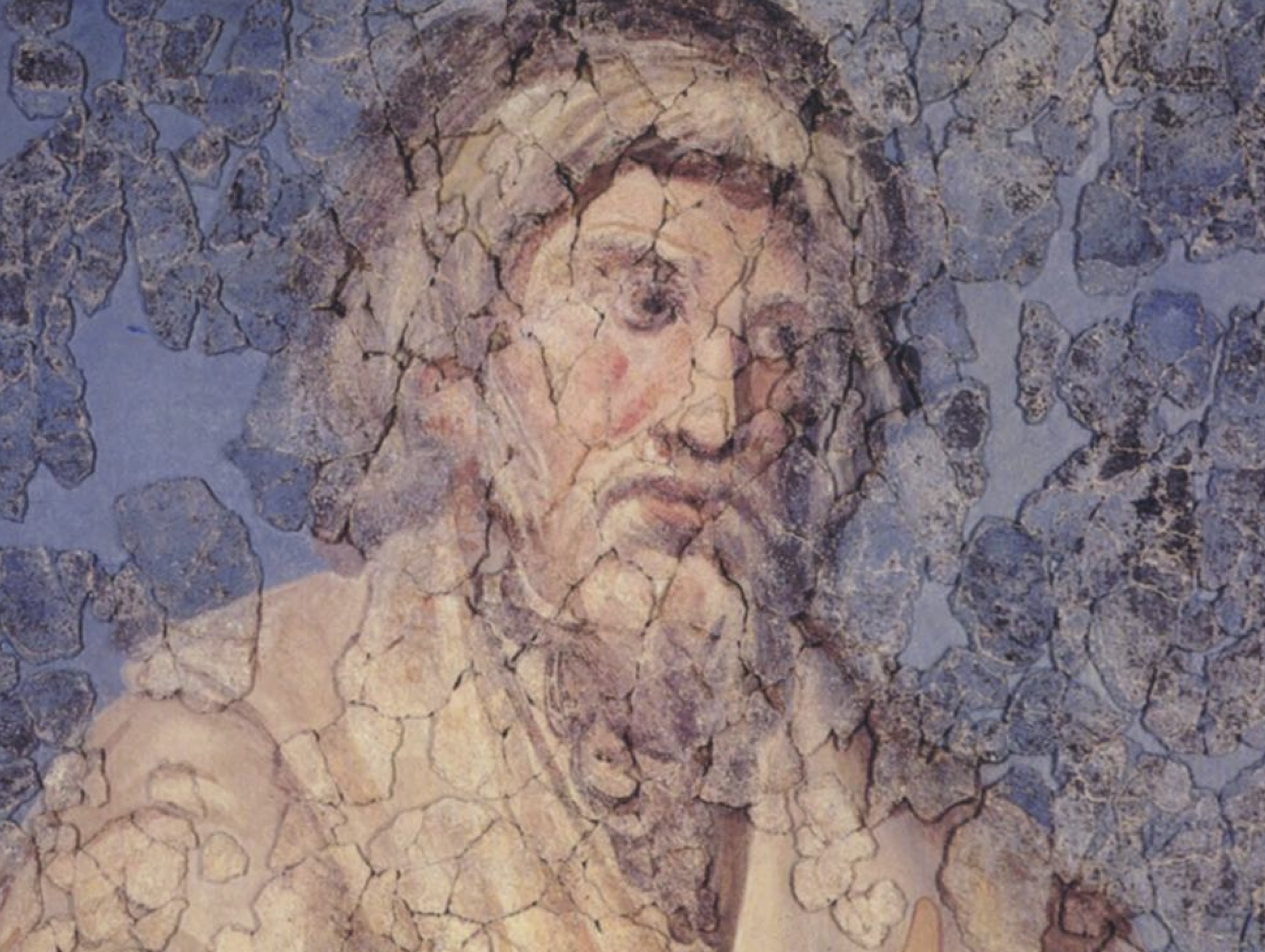
Apuleius
Apuleius (/ˌæpjʊˈliːəs/, APP-yuu-LEE-əs; also called Lucius Apuleius Madaurensis; c. 124 – after 170[1]) was a Numidian Latin-language prose writer, Platonist philosopher and rhetorician.[2] He was born in the Roman province of Numidia, in the Berber city of Madauros, modern-day M'Daourouch, Algeria.[3] He studied Platonism in Athens, travelled to Italy, Asia Minor, and Egypt, and was an initiate in several cults or mysteries. The most famous incident in his life was when he was accused of using magic to gain the attentions (and fortune) of a wealthy widow. He declaimed and then distributed his own defense before the proconsul and a court of magistrates convened in Sabratha, near Oea (modern Tripoli, Libya). This is known as the Apologia.
Not to be confused with Lucius Appuleius Saturninus, a Roman demagogue, or others with the name Apuleius or Appuleius.
Apuleius
c. 170 (aged 45–46)
Novelist, writer, public speaker
His most famous work is his bawdy picaresque novel the Metamorphoses, otherwise known as The Golden Ass. It is the only Latin novel that has survived in its entirety. It relates the adventures of its protagonist, Lucius, who experiments with magic and is accidentally turned into a donkey. Lucius goes through various adventures before he is turned back into a human being by the goddess Isis.[4]
Apuleian Sphere[edit]
The Apuleian Sphere described in Petosiris to Nechepso, also known as "Columcille's Circle" or "Petosiris' Circle",[30] is a magical prognosticating device for predicting the survival of a patient.[31]